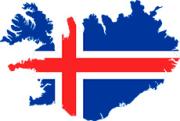
Category:
Time:
Food systems are at the center of a polycrisis; the world is exceeding several planetary boundaries and food production is a significant contributor to human impact on both climate and nature. Furthermore, unhealthy diets are the primary driver of obesity and preventable diet-related disease. All income groups fail to meet dietary recommendations. Today’s diet in the Nordic countries is neither sustainable from a health, environmental nor social perspective.
For more than 70 years, the Nordic countries have had a unique regional collaboration within several societal areas, including politics, economics, and culture. Since 1980, they have collaborated on Nordic Nutrition Recommendations – the latest edition published in June 2023. It is an explicit aim of the Nordics to become the most sustainable and integrated region in the world by 2030.
FAO/WHOs guidelines for a healthy, sustainable diet state that such diets are built on and respect local culture, culinary practices, knowledge and consumption patterns, and values the way food is sourced, produced and consumed. Dairy and meat production havehistorically and culturally been a backbone of food production in all the Nordic countries, but both being among the food groups with the highest climate impact. Thus, there are some challenges and trade-offs to handle when discussing how the dairy sector can contribute to health and sustainability.
This talk will explore the intersection of health, sustainability, and politics, focusing on the role of dairy within these frameworks. Drawing on evidence from global dietary recommendations and Nordic nutritional guidelines, it will outline how dairy can contribute to balanced, sustainable diets while addressing environmental concerns. Special attention will be given to discuss policy tools and strategies for promoting sustainable dietary habits.
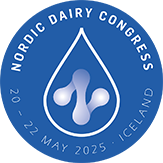












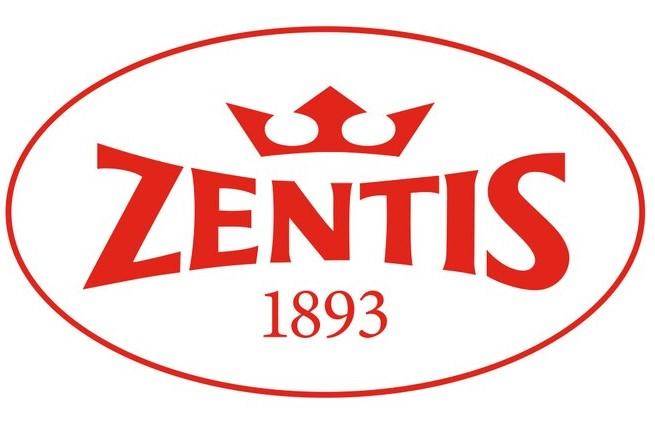




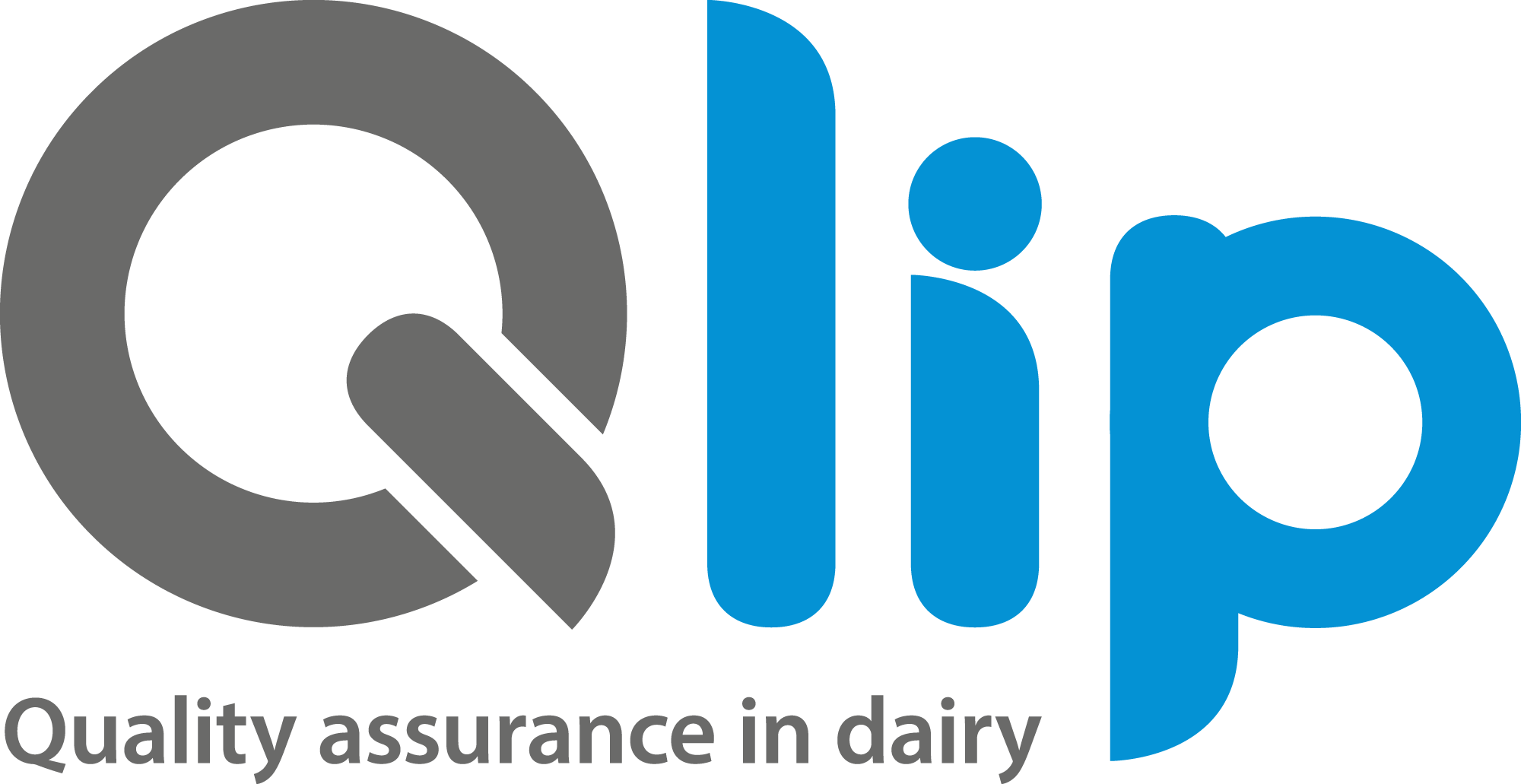
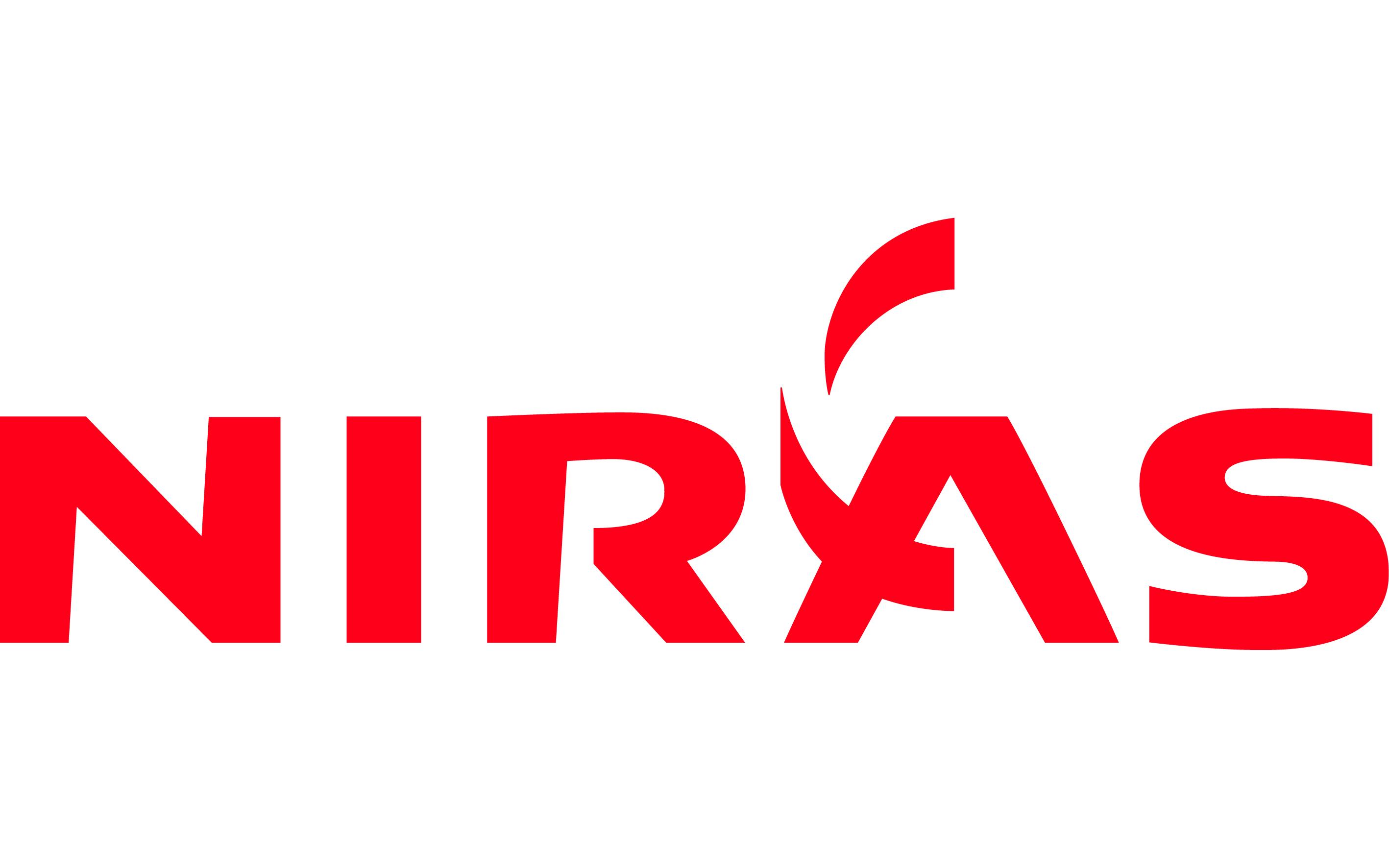









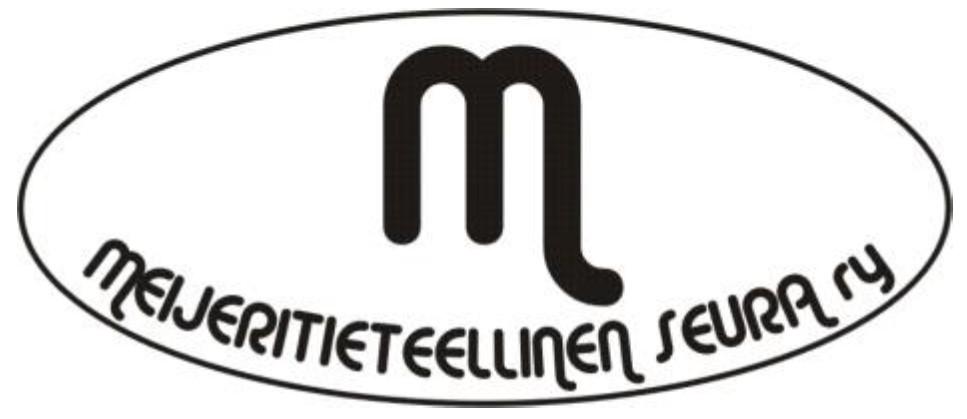
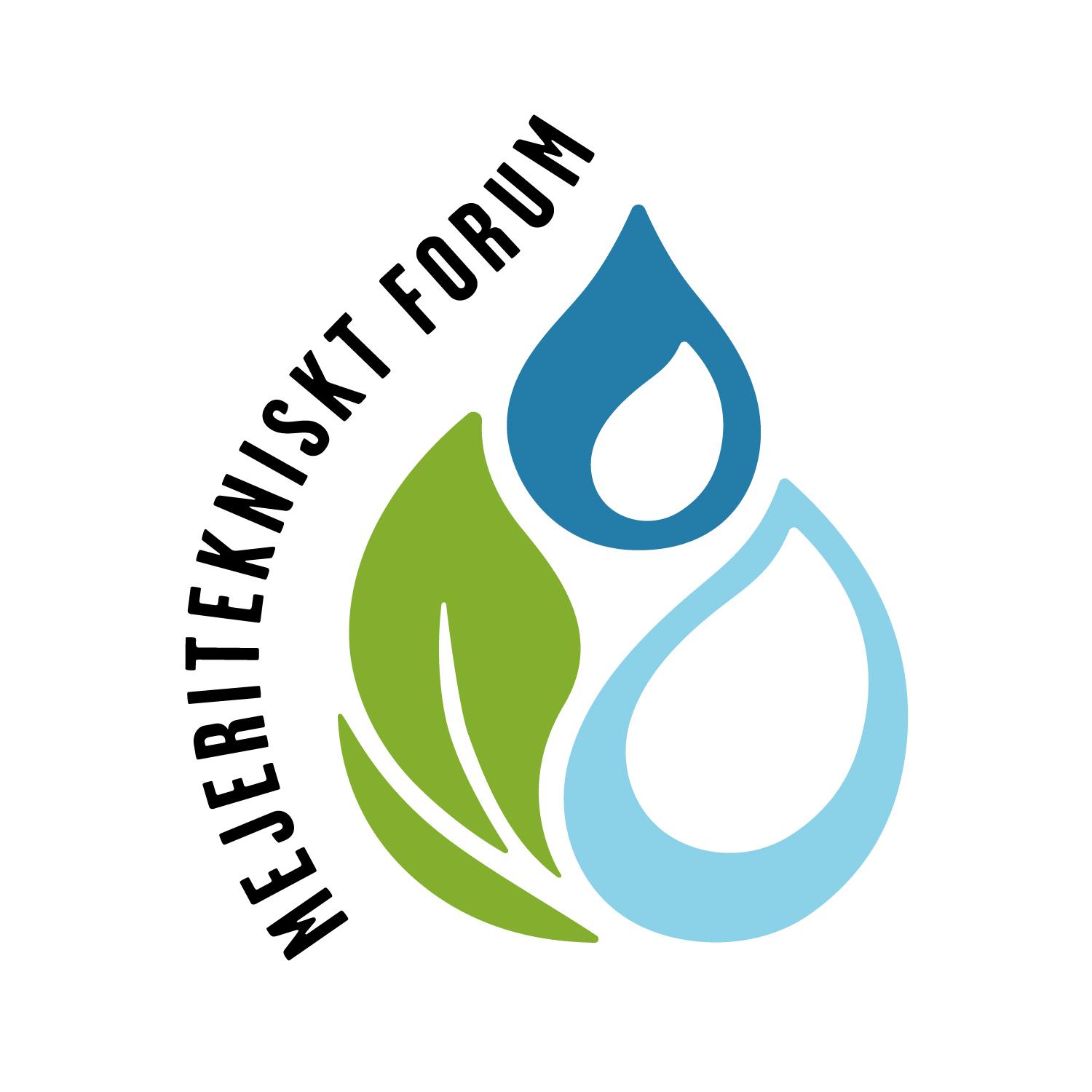
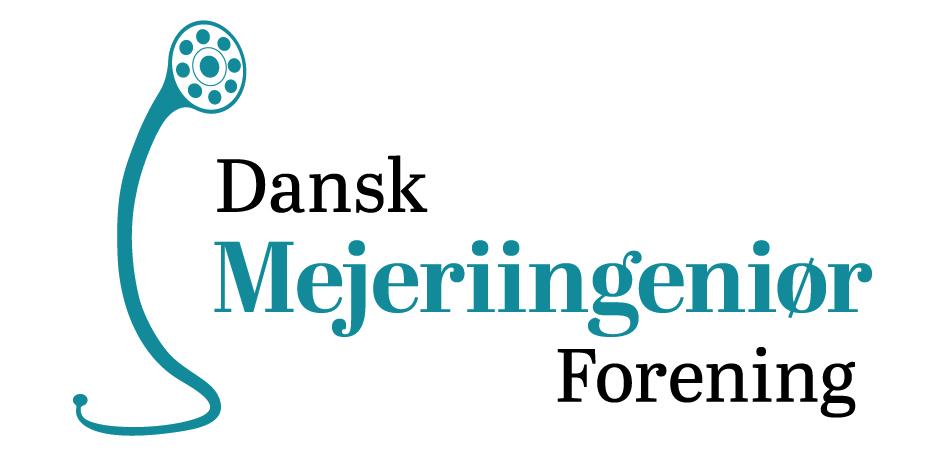
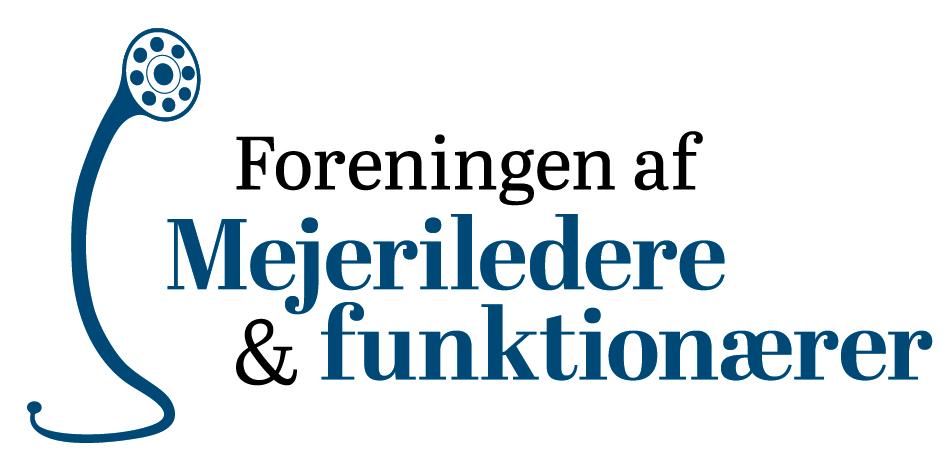



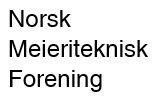
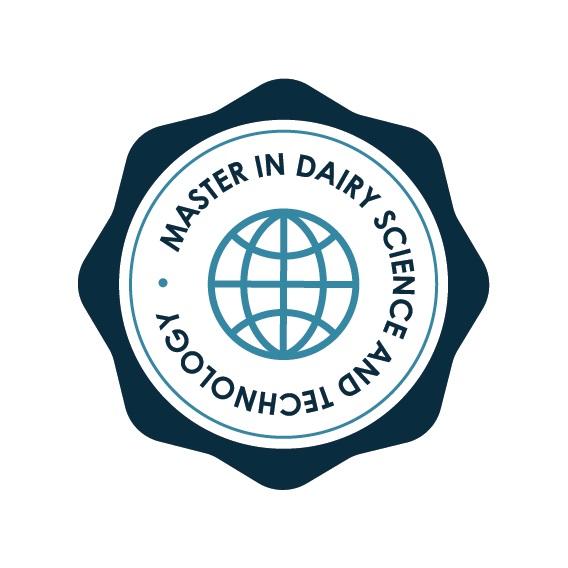


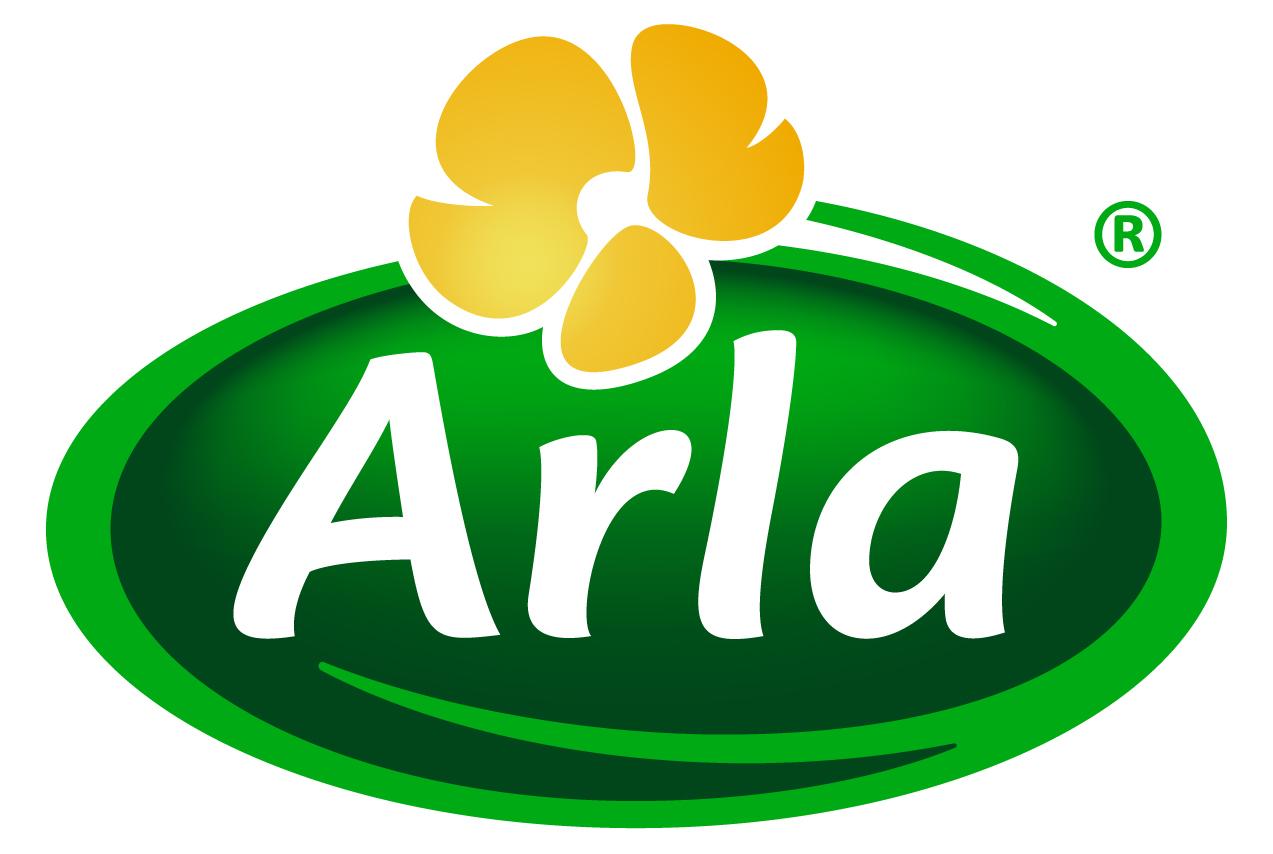

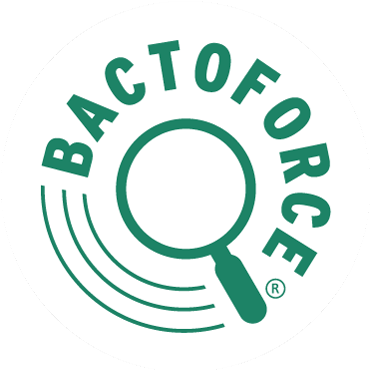

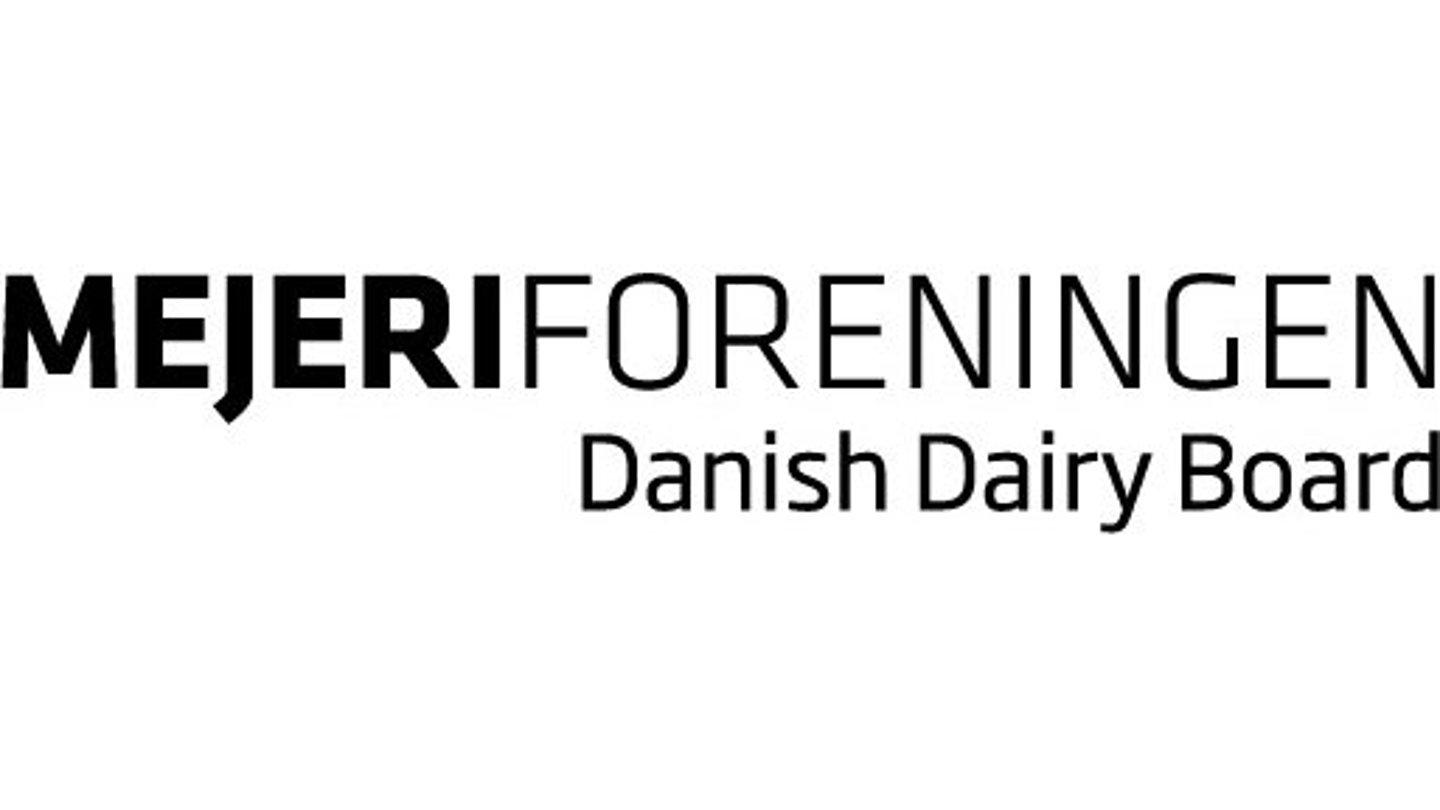
 Munkehatten 28
Munkehatten 28